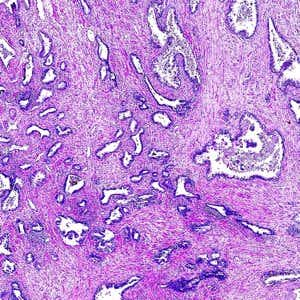
The U.S. Preventive Services Task Force has done a U-turn on PSA screening for prostate cancer. In 2012 this national group of experts recommended against routine PSA screening for men without urinary symptoms indicating prostate problems. They worried that too many men would be subjected to prostate biopsies and surgery, which can lead to complications. While prostate specific antigen, or PSA, can be useful for some purposes, a one-time measurement is not a very accurate screening tool.
Task Force-Every Man Makes His Own Decision:
Now the Task Force recommends instead that middle-aged men (ages 55 to 69) discuss PSA screening for prostate cancer with their doctors. Each man should decide for himself whether the benefits outweigh the risks. The committee still holds that routine PSA tests in men over 70 have a serious potential to produce more harm than help.
Prostate specific antigen is produced by prostate cells. Levels of this antigen rise rapidly if prostate cells are growing quickly, as they do in the case of prostate cancer. But individual men can have very different levels of PSA without having prostate cancer. The Task Force was concerned that too many men might get unnecessarily aggressive treatment for low-grade prostate cancers.
When Measuring PSA Makes a Big Difference:
The most useful part of a PSA measurement may be determining whether there has any change since the last measurement. This blood test can be used to track whether possible prostate cancers are mushrooming or whether they are lying low. Men and their doctors use this indicator in an approach to prostate cancer known as active surveillance.
The idea is to avoid treating prostate cancers that offer no threat. Doctors prefer to treat aggressive tumors that cause PSA to double quickly before they escape the prostate into other parts of the body.

